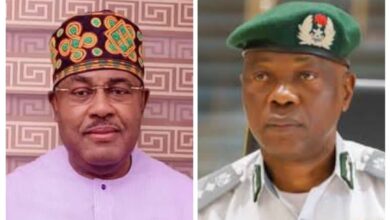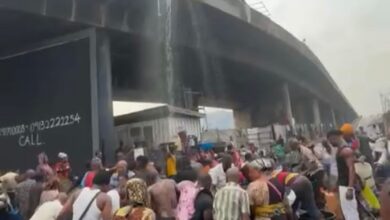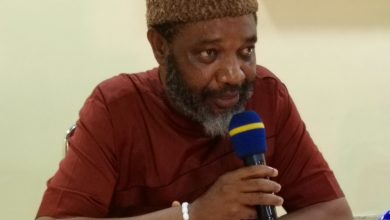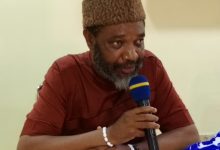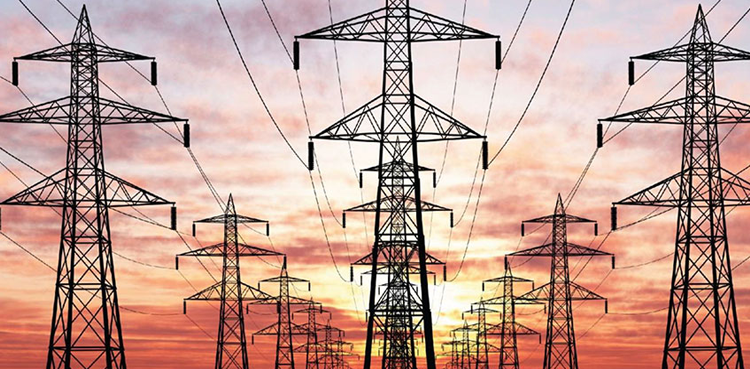
By Edu Abade
Organised labour and some civil society organizations (CSOs) have decried the precarious electricity situation in the country just as they urged the National Assembly, specifically the Senate to urgently convene a public hearing on the 12-year performance of the power sector since 2013.
The groups include the National Union of Electricity Employees (NUEE), Amalgamated Union of Public Corporations Civil Service Technical and Recreational Services Employees (AUPCTRE) and two civil society organizations-the Renevlyn Development Initiative (RDI) and Citizens Free Service Forum (CFSF).
In their petition to the Nigerian Senate dated January 27, 2025, they said privatisation of the electricity sector has failed the over 230 million Nigerian people with power generation still oscillating between 4,000 megawatts and 5,800 megawatts in addition to incessant power grid collapses, which is now a huge embarrassment to the country.
The letter, addressed to President of the Senate, Godswill Akpabio, was jointly signed by the National President and General Secretary of NUEE, Comrades Adedeye Adebiyi and Dominic Igwebike, National President and General Secretary of AUPCTRE, Comrades Benjamin Anthony and Sikiru Waheed, as well as Executive Director of CFSF, Comrade Sani Baba and RDI Executive Director, Philip Jakpor.
The groups’ position followed a month after they organised a one-day Symposium on the Socio-Economic and Political Implications of Privatization of Public Assets and the Way Forward in Lagos in December 2024, where they x-rayed the report of the Senate Committee on Power which investigated frequent national grid collapses and related issues and came to the conclusion that the sector was in turmoil.
In the letter, the groups also noted that the hike in electricity tariffs and the balkanization of Nigerians into electricity bands, suggesting who should get electricity the most, has equally created an unnecessary class system in the society. As a result of these, Nigerians are forced to depend on electric generators at huge financial, environmental and health costs.
They, therefore, urged the Senate to immediately convene a Public Hearing and invite Nigerians to relate their experiences in the last 12 years of the electricity sector privatization. Another key demand is a halt to World Bank and International Monetary Fund (IMF) suggested initiatives on privatizing Nigeria’s public assets under the Public Private Partnership (PPP) or any model that places profits over service delivery and human rights.
Instead, they want an urgent adoption of the Public-Public-Partnership (PPP) model, which has proven successful in other climes, as against privatisation, which is inefficient and has become a conduit pipe to fleece the country, as well as sustained investment in human capital development in the public sector to pave way for efficiency and transparency in their operations.
They also demanded an end to practices that unfairly target workers in exercises purportedly carried out to strengthen government institutions and advocated that workers should be regularly trained and rated based on performance across all cadres.





